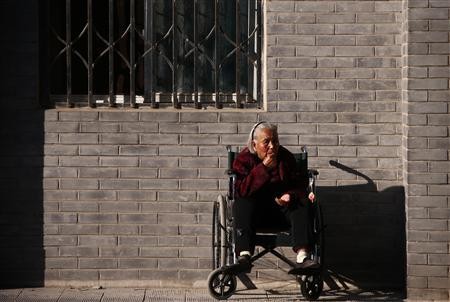On Jan. 14, China presented measures on old-age insurance for public institutions and governmental agencies' employees.
The new rule is that insurance would now be shared by the employees and their organizations. The previous practice was that organizations or central finance are the ones only paying the insurance.
According to the Ministry of Human Resources and Social Security, under this new scheme, 8 percent of the monthly workers' compensation would be allotted to insurance payments, while companies would pay 20 percent of the salary.
This new scheme makes public employees accountable for their own old-age insurance as well, just like the corporate employees. Before this scheme was put into place, corporate employees have to pay for their own coverage, while public employees can receive pensions without contributing anything.
Under this dual pension system, employees working for a state agency can receive up to 90 percent of their salary when they retire. Employees of private companies can receive only up to 60 percent.
According Su Peike of The University of International Business and Economics, the dual system reform is far from perfect. There is still a need to manage this new pension system and prepare for possible delayed retirement of the employees.
However, it is being lauded for making the pension system more equitable for all Chinese citizens whether they are employed in the private and public sector.
The reform, however, is already being widely talked about in the country. It is the most heated topic on the Chinese social media site Sina Weibo. The hashtag "pension reform" was trending on Jan. 14.
One netizen claimed that he approves of the reform. According to netizen dapengkantianxia, "If you want to enjoy social security, you have to pay for your own, no matter if you are a government official or a private enterprise employee. This is more fair."




























